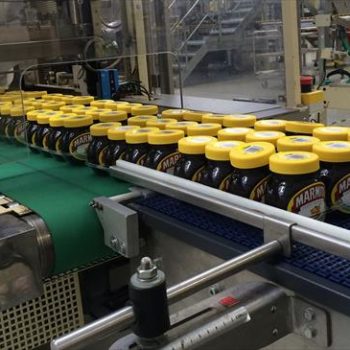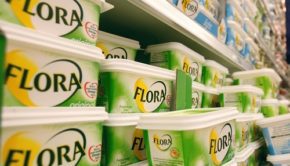Unilever issues warning over online safety

Global FMCG giant Unilever has put tech giants and other platforms on notice, stating its intent to no longer invest in platforms which breed division.
15 February 2018
At a time when toxic, divisive or otherwise harmful online content, its sources and who profits from it, is a major concern, Unilever has put the likes of Google and Facebook on notice, telling the companies to clean up their acts or it will lose their advertising investment.
In the keynote speech at the IAB Annual Leadership Meeting in California, CMO Keith Weed called on the industry to collectively build trust back into “systems and society”, and announced a new commitment to cut investment in platforms which breed division. Weed said the industry and platforms should work together to rebuild consumer trust in an era of “fake news” and toxic online content.
“Across the world, dramatic shifts are taking place in people’s trust, particularly in media,” Weed said. “There is a critical separation in how people trust social media and more traditional outlets. Less than one-third trust social media, while almost two-thirds (58%) trust traditional media.
“2018 can be either the year of the ‘techlash’, where the world turns on the tech giants, or the year of trust,” Weed said.
Weed outlined Unilever’s core standards in that area, which were Viewability, Verification and Value.
“Consumers care about fraudulent practice,” Weed said. “They don’t care about value for advertisers, they care when they see their favourite brands next to ads funding terror, hate, or exploiting children.
“They don’t care about sophisticated data data usage or ad targeting,” he added, “they do care about not seeing the same ad 100 times a day.
“Fake news, racism, sexism, terrorists spreading messages of hate, toxic content directed at children – parts of the internet we have ended up with is a million miles from where we thought it would take us,”
Weed went on to say that the internet is a million miles away from where we thought it would take us, in terms of fake news, racism, sexism and other toxic content. Unilever must take the same commitment to quality in its digital chain as it does in its supply chain.
“Just because one is physical and the other virtual, they are both part of our absolute value,” he said “And we cannot continue to prop up a digital supply chain which is at times little better than a swamp. in terms of transparency.
“Unilever,” he said, “as a trusted advertiser, does not want to advertise on platforms that do not make a positive contribution to society.”
He outlined three commitments the company would make with that in mind:
Responsible platforms: Unilever will not invest in platforms or environments that do not protect children or which create division in society, and promote anger or hate. The company will prioritise investing only in responsible platforms that are committed to creating a positive impact in society.
Responsible content: Unilever is committed to creating responsible content, initially tackling gender stereotypes in advertising through #Unstereotype, and championing this across the industry through the #Unstereotype Alliance.
Responsible infrastructure: Unilever will only partner with organisations which are committed to creating better digital infrastructure, such as aligning around one measurement system and improving the consumer experience.
In response to demands like this, Google has recently announced it would commit 10,000 staff to combating “extremist” content, while Facebook plans to use artificial intelligence to weed out unwanted content.



 Print
Print




Fans 0
Followers